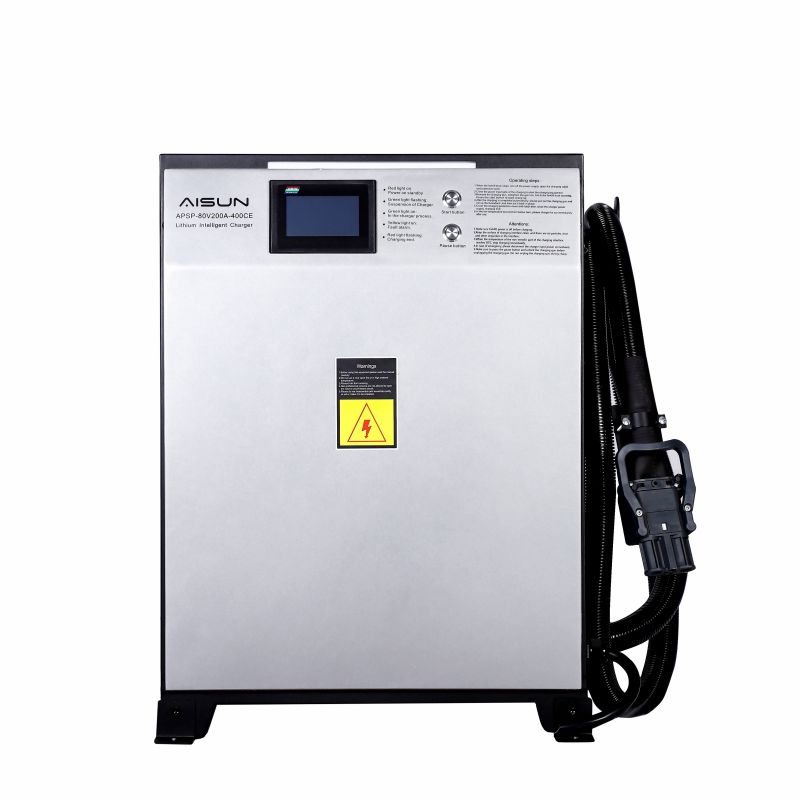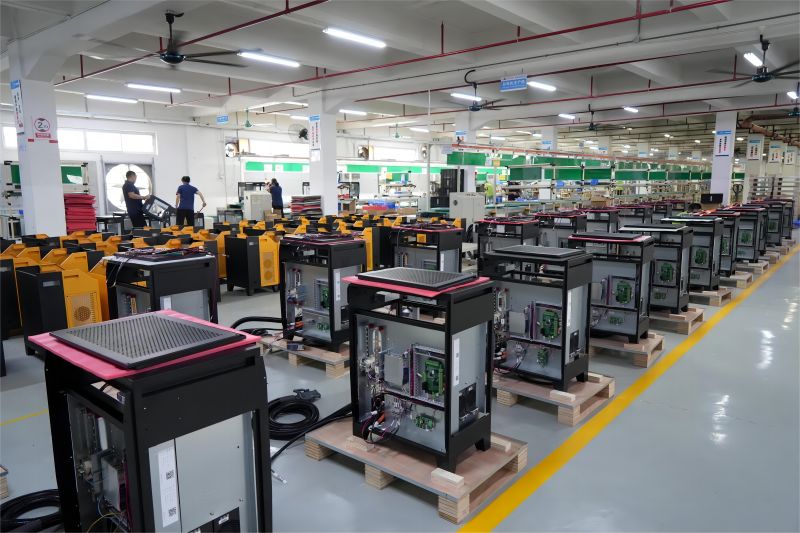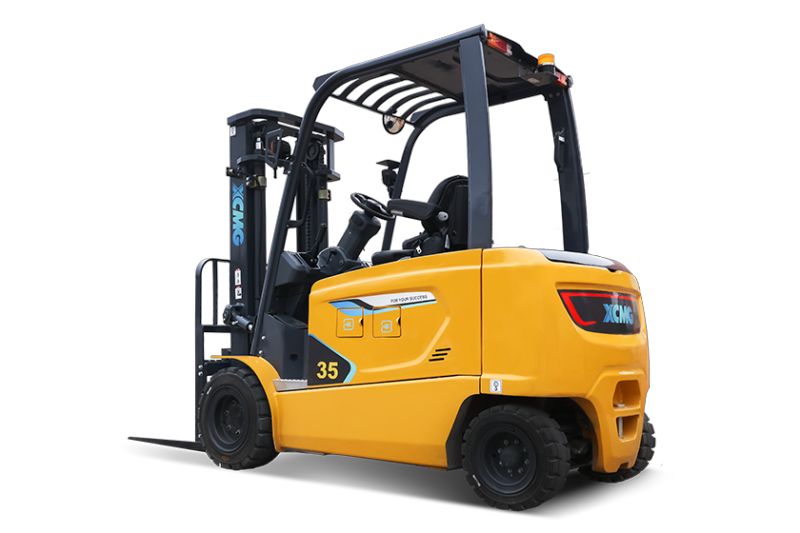
In recent years, with the rapid development of the logistics industry and the increasing awareness of environmental protection, electric material handling vehicles, such as electric forklifts, have gradually become important alternatives to traditional fuel-powered vehicles. As lithium batteries emerge as a strong energy solution with superior endurance and environmental safety, they are becoming the mainstream choice in the electric vehicle sector. In this market trend, lithium battery chargers for electric material handling vehicles are also witnessing significant growth prospects.

Firstly, lithium batteries, as the most advanced battery technology to date, offer numerous advantages. Compared to traditional lead-acid batteries, lithium batteries have higher energy density, longer lifespan, and shorter charging time. These benefits make lithium batteries more competitive in the logistics industry, where electric material handling vehicles require high energy density and periodic fast charging – precisely where lithium batteries excel. Secondly, lithium battery chargers for electric material handling vehicles are set to become the key equipment in future charging solutions. Currently, a variety of these machines have emerged in the market, including AC and DC charging technologies. AC charging, known for its maturity, stability, and safety, is gradually replacing the conventional DC charging technology. Moreover, these charging machines continue to explore new charging methods, such as wireless charging and fast charging. Such advanced technologies further enhance the convenience and efficiency of using lithium batteries in material handling vehicles, creating new opportunities for the industry. Thirdly, with the increasing demand for electric material handling vehicles, lithium battery charger manufacturers are actively investing in research and development. Many renowned brands and companies are committed to providing more efficient and intelligent products. These brands not only achieve breakthroughs in charging efficiency but also prioritize product safety and stability. They offer features like remote monitoring and big data analysis to meet users' demands for energy utilization and management.

Lithium battery chargers for electric material handling vehicles have bright prospects driven by current market demands. With lithium batteries being the environmentally-friendly and efficient energy solution of choice, and chargers being pivotal for endurance, they are poised to drive the industry forward. As technology continues to innovate and the market expands, it is reasonable to believe that lithium battery chargers for electric material handling vehicles will continue to lead the industry, providing more efficient and eco-friendly energy solutions for material handling vehicles.
Post time: Dec-26-2023





